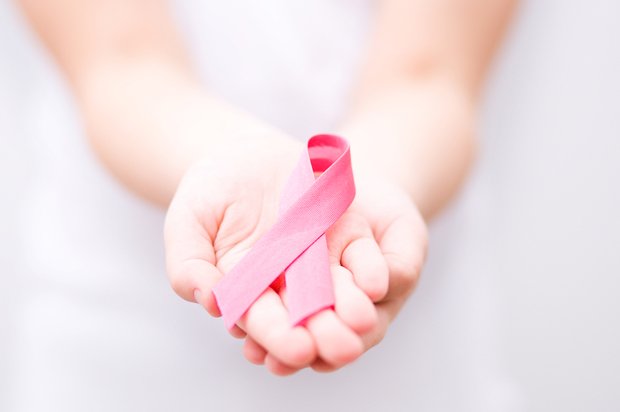
Surgery and radiation treatments for cancer are not only a pain (literally), but they can wreak havoc on your skin, and consequently, your self confidence. The pain, peeling and scarring often left behind from radiation-related therapy can be extremely difficult to handle, while vivid post-surgical scars may seem nearly impossible to fade. Fortunately, there are ways to help the healing process while dealing with post-cancer scars, and improve the overall appearance and texture of skin.
To prevent severe damage to skin tissue, we suggest taking care of the affected areas prior to surgery and radiation, as well as in between radiation therapies. (Click here to read our post on natural product suggestions for radiation dermatitis.)
Continue to use the healing creams you used after surgery or during radiation treatments. According to a Natural and Organic Ingredient listing, products like Aloe Vera juice (shown to accelerate cell re-growth in skin), carrot oil (also high in vitamin E), pure honey, or olive oil can help moisturize and protect the affected area, helping it to heal. CV Skinlabs Restorative Skin Balm contains a number of natural oils and protective antioxidants to help soften and encourage faster healing.
A majority of patients and physicians suggest using transverse friction massage for a year after surgery (a form of massage to strengthen healing skin), and strongly advise avoiding the sun for at least 3 years. Never allow the scar to become sunburned after it’s healed. Protect, protect!
Remember that the severity of your cancer-related scar can also depend on where the surgery or procedure was performed. A reader from the E-health Skin Cancer forum says, “Since there was no body fat on my face (the area where the cancer was removed), the skin had to stretch in order to cover the missing tissue,” leaving the patient with a noticeable scar. It can be very therapeutic for some cancer patients to take time to feel angry or emotional about their scars (both mental and physical), like the mother and blogger of “Cancer Scars.” Another fighter believes, “The scars fade over time and there are treatments that can be used to help the process along, but I have never had a problem with my scars showing.” In fact, many survivors advocate displaying cancer scars proudly (as a sign of the journey they have taken), or even taking artistic photographs of their scars to help see themselves as beautiful.
* Do you see your scars as beautiful? How do you prevent or treat radiation- and surgery-related scars? Please recommend products, share your tips, or express your opinions!
Photo courtesy of Snap Village

